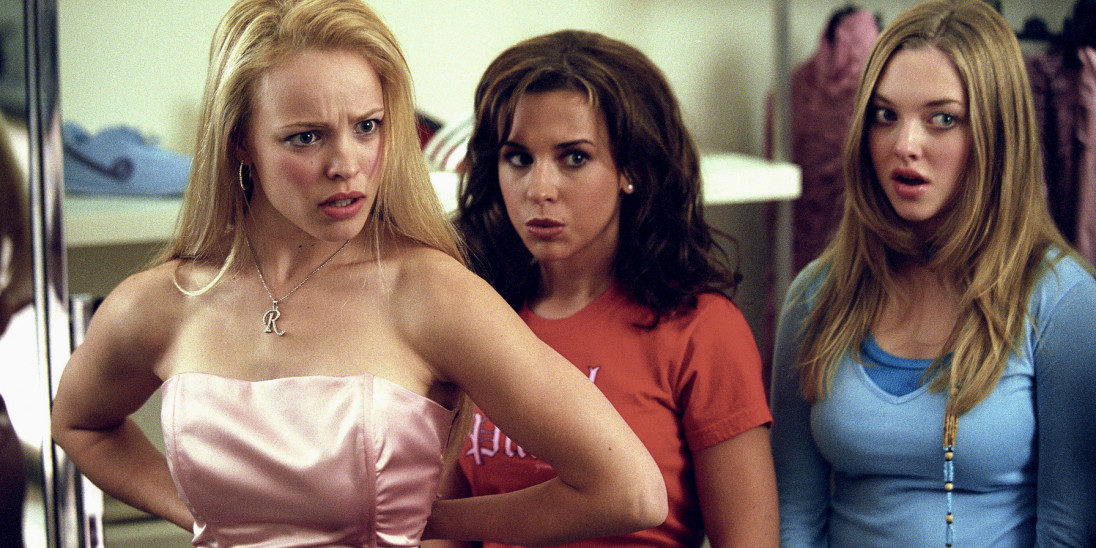Mean Girls: Shakespeare's unexpected love child?
Mean Girls and Shakespeare
I honestly think Shakespeare would’ve loved Mean Girls. Whilst it’s easy to think of Shakespeare’s work as part of some elite high culture, it’s worth remembering that Shakespeare in his time wrote plays for everyone to watch and enjoy, not just the rich and powerful. Shakespeare’s plays were meant to be watched and talked over by everyone who went to watch them because ultimately Jacobean theatre was a social mixer. Mean Girls, in my opinion, is absolutely aligned with this culture. Chick flick, a monument of 2000s pop culture, and just generally iconic, Mean Girls has cemented itself as a firm classic.
The beady-eyed amongst you might recall that Shakespeare does actually feature explicitly in Mean Girls, and it’s Julius Caesar which gets the special mention. The scene is used for comic effect, but one of the things I find funny is that Shakespeare even makes his way into a chick flick like Mean Girls. The thing is, it actually makes sense for Shakespeare to appear here, so that the stressed out Plastic Gretchen Weiners can express her true feelings about betrayal and anarchy to her high school English class. Not only does Shakespeare make sense in its Mean Girls context, but I also reckon (for reasons expressed above) that Shakespeare would’ve genuinely approved. What better way to keep his work alive than to not only make relevant reference to one of his plays in the context of it being studied on modern literature courses by students across the Atlantic? Indeed questions and problems around power persist in society, whether you’re Caesar or Regina George or anyone in between.
Isn’t it a wonderful thing that stories written hundreds of years ago in what feels like an utterly different world can find new resonances for modern audiences who may or may not have any interest in the dead author at all? When Shakespeare came up with his play, I somehow doubt that he could’ve foreseen that Tina Fey would one day find a place for it in a story about a bunch of high school mean girls struggling for power and influence. And yet here we are, in a post-Mean Girls age, and of course the world is a better place for it.


Comments
Post a Comment